Deep Swamp (2018)
Glass tanks, wetland plant species, gravel, sand, acrylic pipes, shade balls, electronics, misters, lighting, pumps, custom software, 3 channel sound.

Exhibition view. ‘Tega Brain - Deep Swamp, Shanghai 2018.’ Machines Are Not Alone, Device Art Triennial
Chronus Art Center, Shanghai. Photo: Tega Brain.
Deep Swamp is a triptych of semi-inundated environments that gather together wetland life forms and artificially intelligent software agents. The agents, Nicholas, Hans, and Harrison, patiently watch their swampy territories and modify the conditions in them. Every few minutes they adjust the light, water flow, fog, and nutrients to try to engineer their environments for different goals. Harrison aims for a natural looking wetland, Hans is trying to produce a work of art, and Nicholas simply wants attention. Using a deep learning approach, each software has learnt what their goal might look like by parsing thousands of tagged and categorized images downloaded from online collections. Over and over they try new combinations of settings, photograph themselves, and then choose permeations that bring them closer to their programmatic desires.
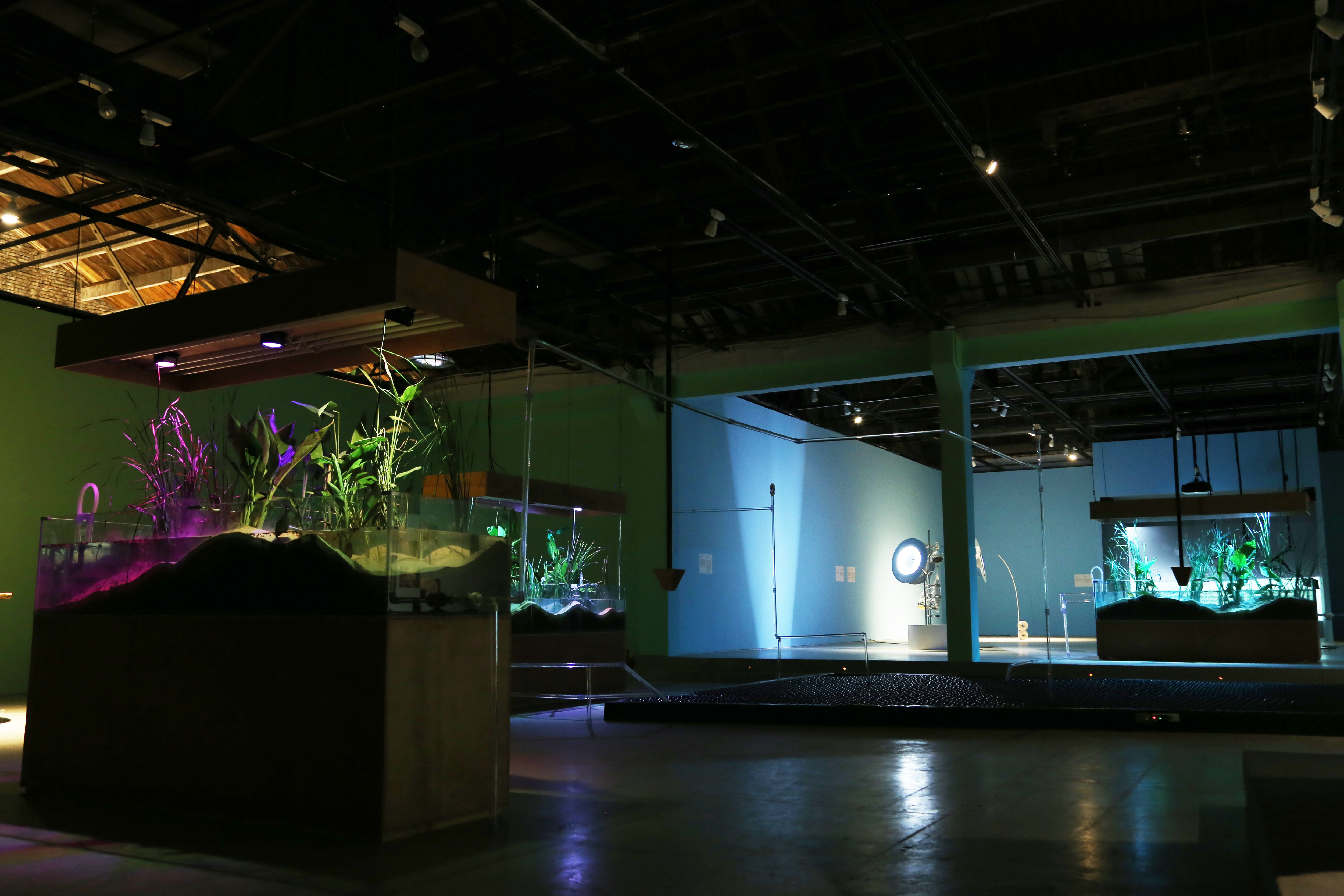
Exhibition view. ‘Tega Brain - Deep Swamp, Shanghai 2018.’ Machines Are Not Alone, Device Art Triennial
Chronus Art Center, Shanghai. Photo: Tega Brain.
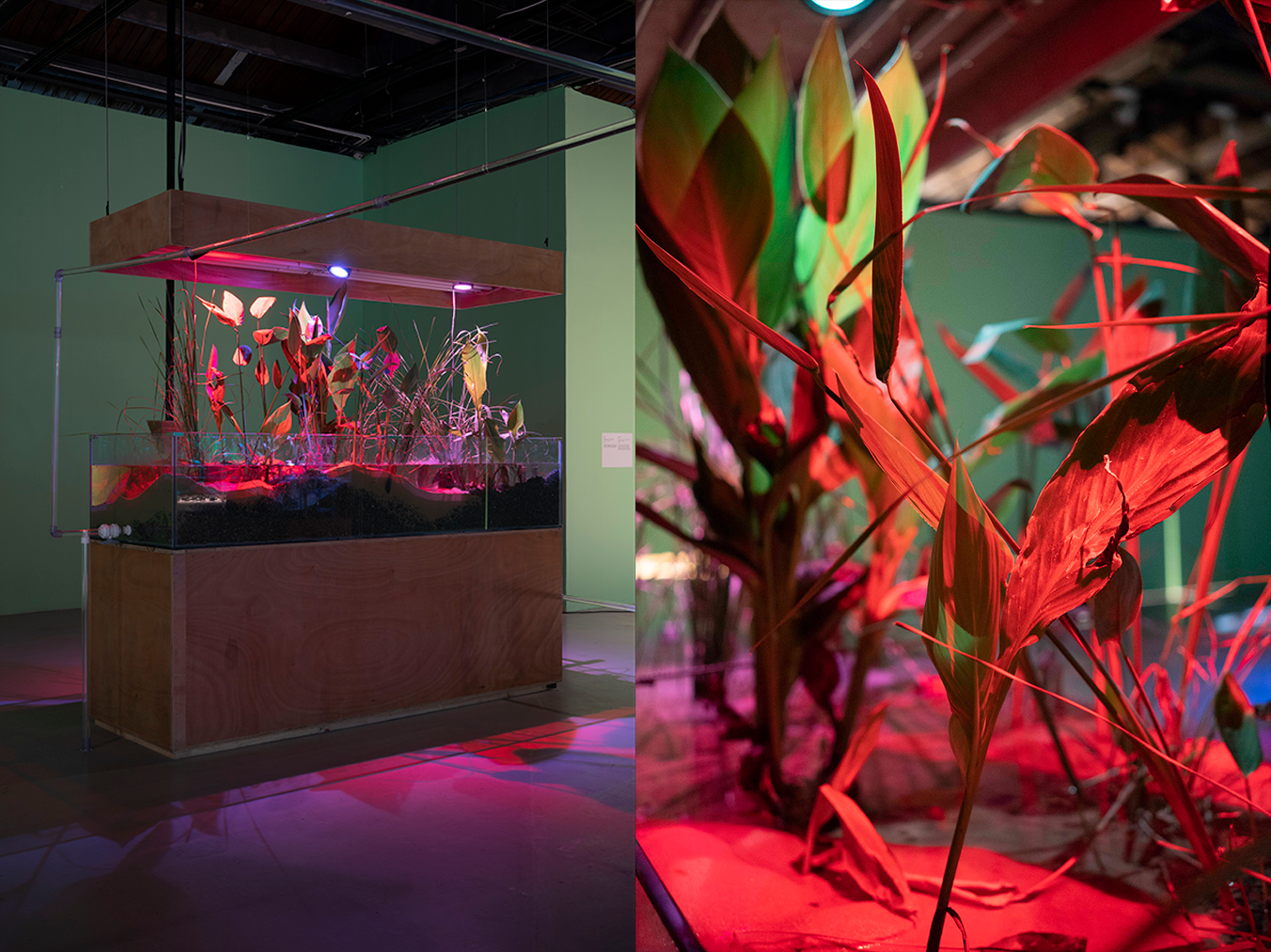
Exhibition view. ‘Tega Brain - Deep Swamp, Shanghai 2018.’ Machines Are Not Alone, Device Art Triennial
Chronus Art Center, Shanghai. Photo: Tega Brain.
As territories flood and melt, dehydrate and erode, paradigms of environmental protection and conservation give way to those of management, engineering, and strategic intervention. In this sense, as landscape architects Bradley Cantrell, Laura Martin, and Erle Ellis argue, conserving wilderness has become more about maintaining autonomous ecological processes rather than the preservation of historic conditions. If new “wilderness” is the absence of explicit human intervention, what would it mean to have autonomous computational systems sustain wild places?
Exhibition detail. ‘Tega Brain - Deep Swamp, Shanghai 2018.’ Machines Are Not Alone, Device Art Triennial
Chronus Art Center, Shanghai. Photo: Tega Brain.
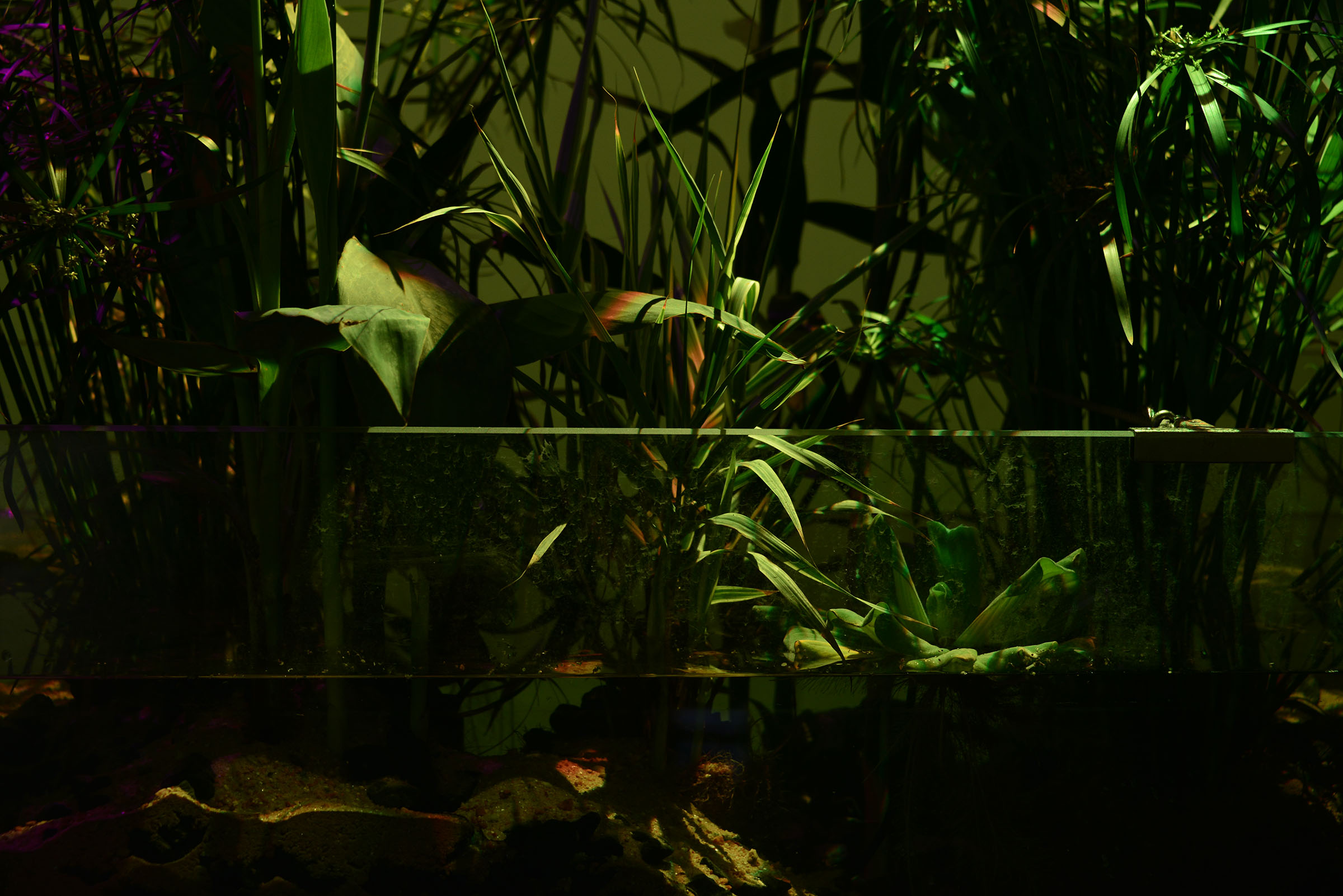
Exhibition view. ‘Tega Brain - Deep Swamp, Guangzhou 2019.’ The 6th Guangzhou Triennial, Guangdong Museum of Art. Photo: Tega Brain.
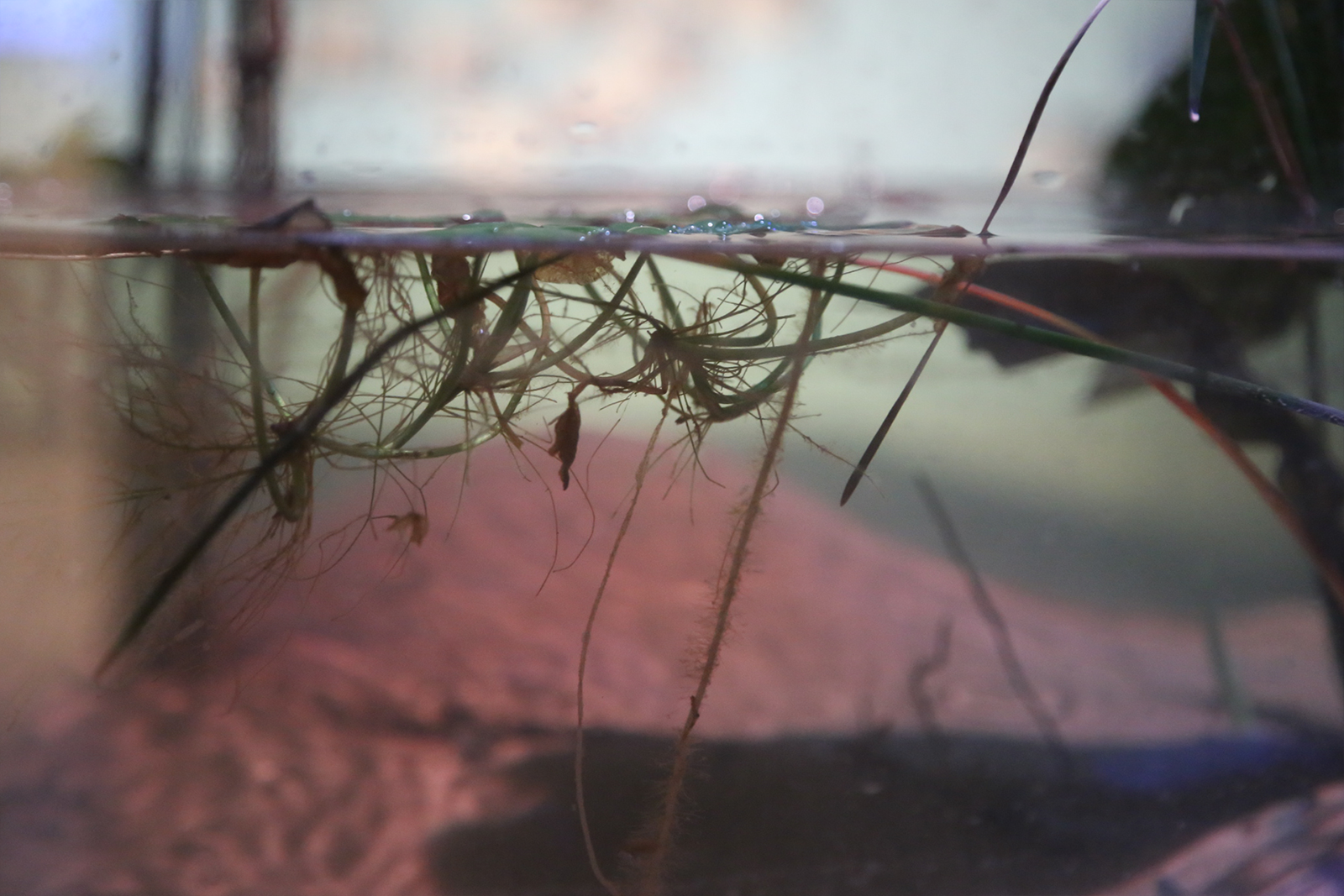
Exhibition detail. ‘Tega Brain - Deep Swamp, Guangzhou 2019.’ The 6th Guangzhou Triennial, Guangdong Museum of Art. Photo: Tega Brain.
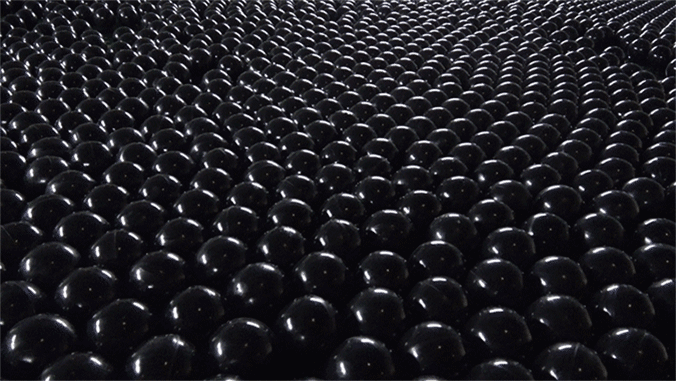
Exhibition detail. ‘Tega Brain - Deep Swamp, Guangzhou 2019.’ The 6th Guangzhou Triennial, Guangdong Museum of Art. Photo: Tega Brain.
Practices of environmental engineering, whether by machine or human intelligence, raise thorny questions of optimization. Optimization is the problem of making the best or most effective use of a situation or resource. It is the attempt to find the best solution from all feasible solutions. However what is considered “best” or “most effective” elicits the question of best for who? As ecological calamity is met with environmental engineering, what should environments be optimized for?
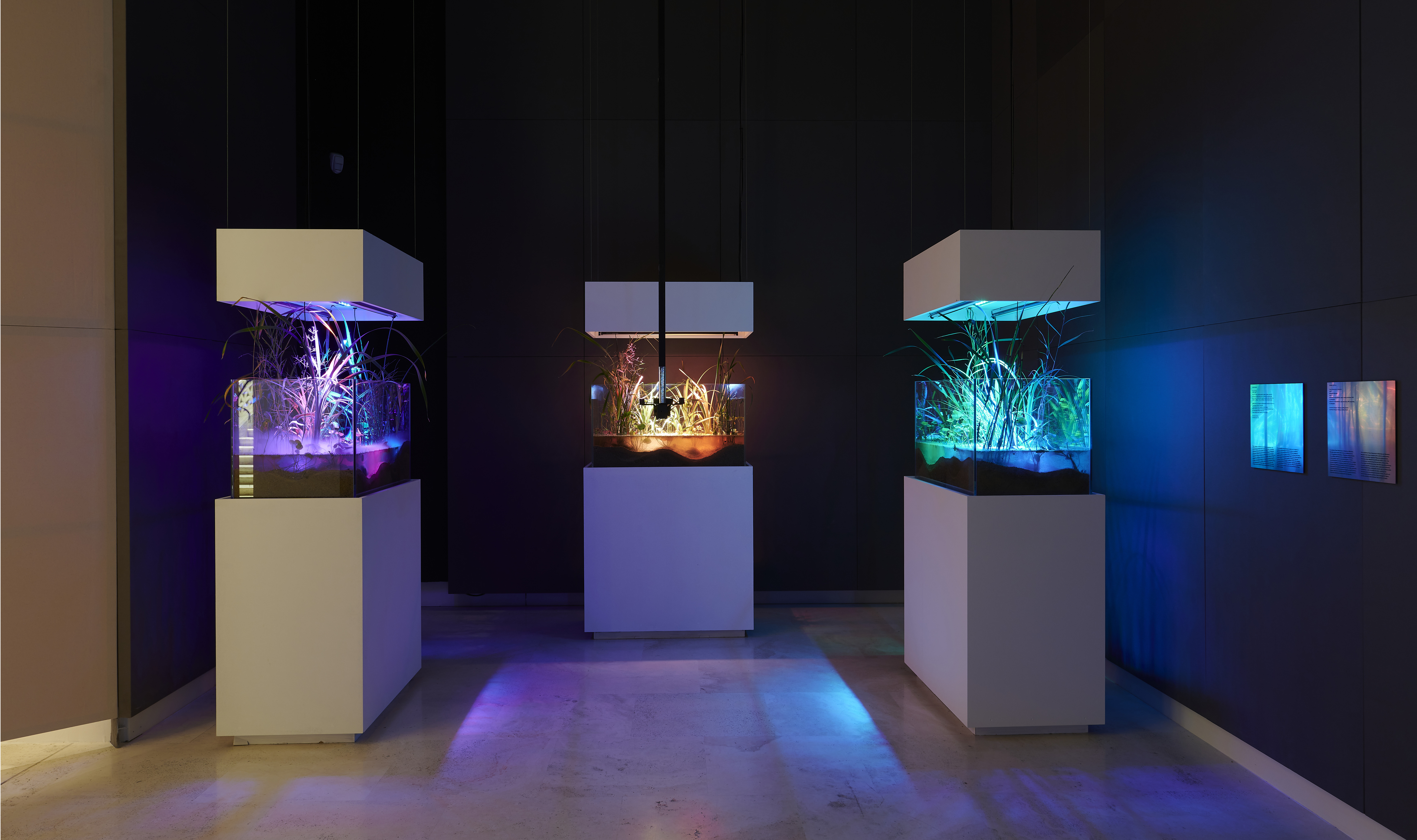
Exhibition view. ‘Tega Brain - Deep Swamp, Rome 2021.’ T Zero, Palazzo delle Esposizioni, Rome, installation view. Photo M3 Studio © Azienda Speciale Palaexpo
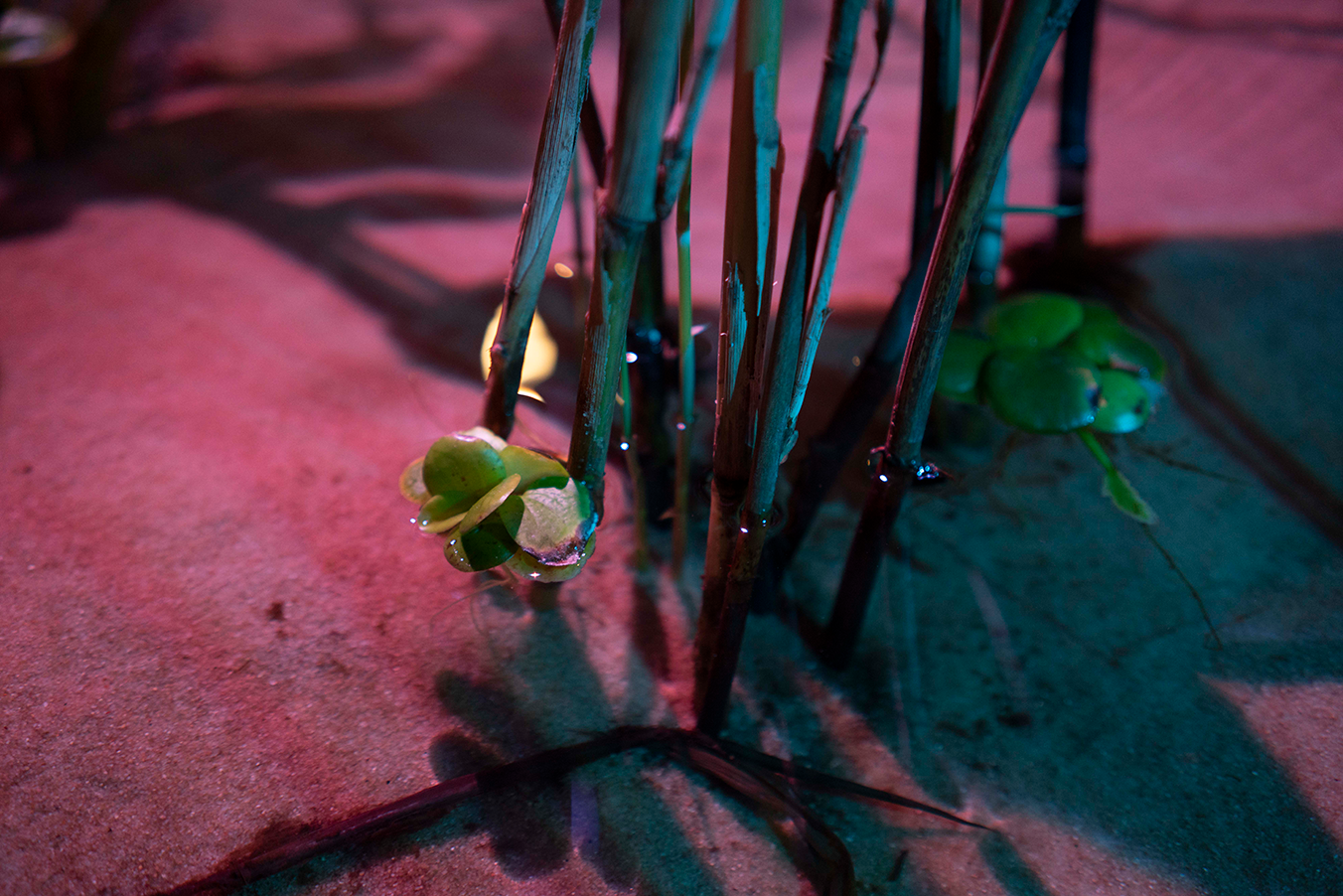
Exhibition view. ‘Tega Brain - Deep Swamp, Shanghai 2018.’ Machines Are Not Alone, Device Art Triennial
Chronus Art Center, Shanghai. Photo: Tega Brain.
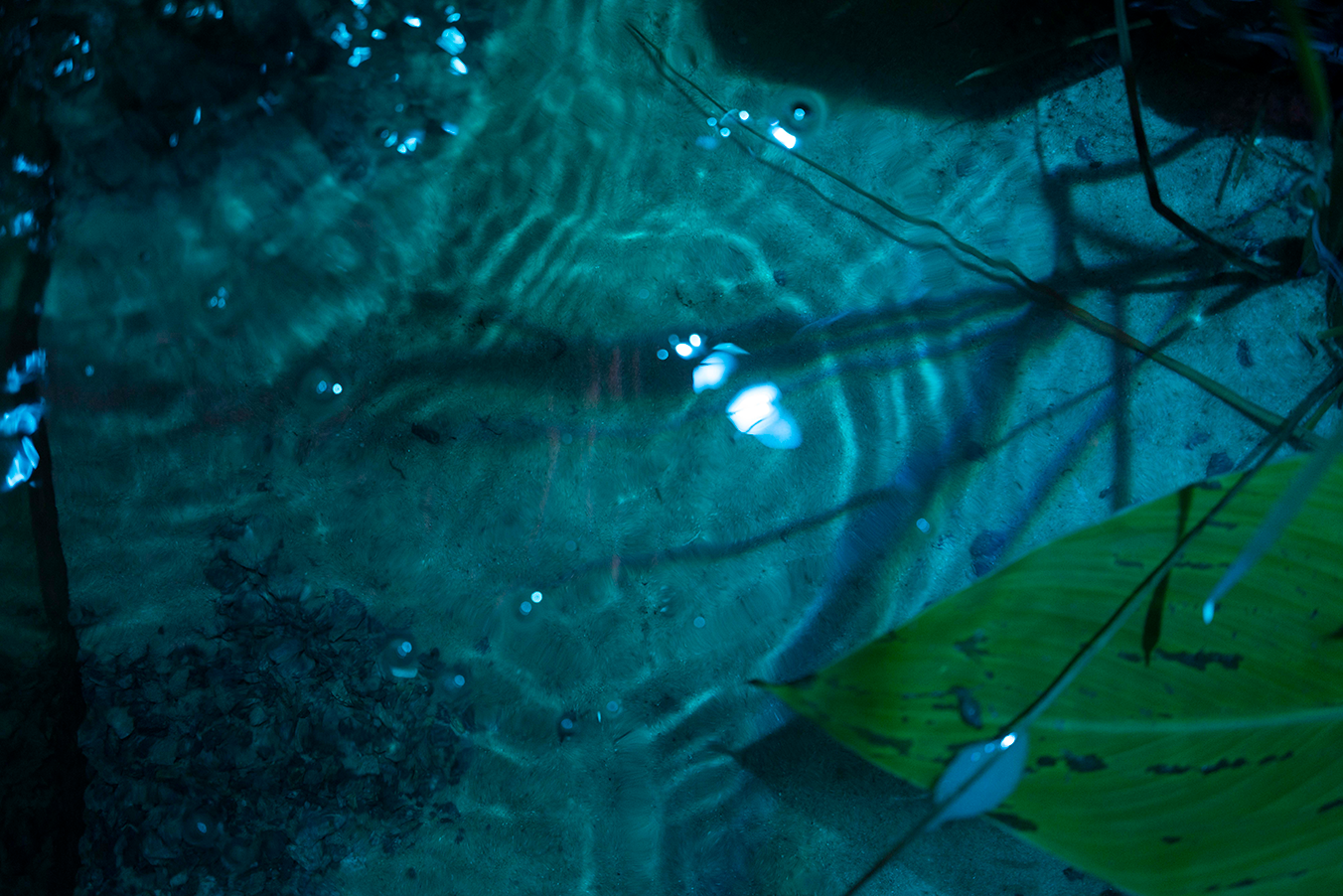
Exhibition view. ‘Tega Brain - Deep Swamp, Guangzhou 2019.’ The 6th Guangzhou Triennial, Guangdong Museum of Art. Photo: Tega Brain.

Exhibition view. ‘Tega Brain - Deep Swamp, Shanghai 2018.’ Machines Are Not Alone, Device Art Triennial
Chronus Art Center, Shanghai. Photo: Tega Brain.
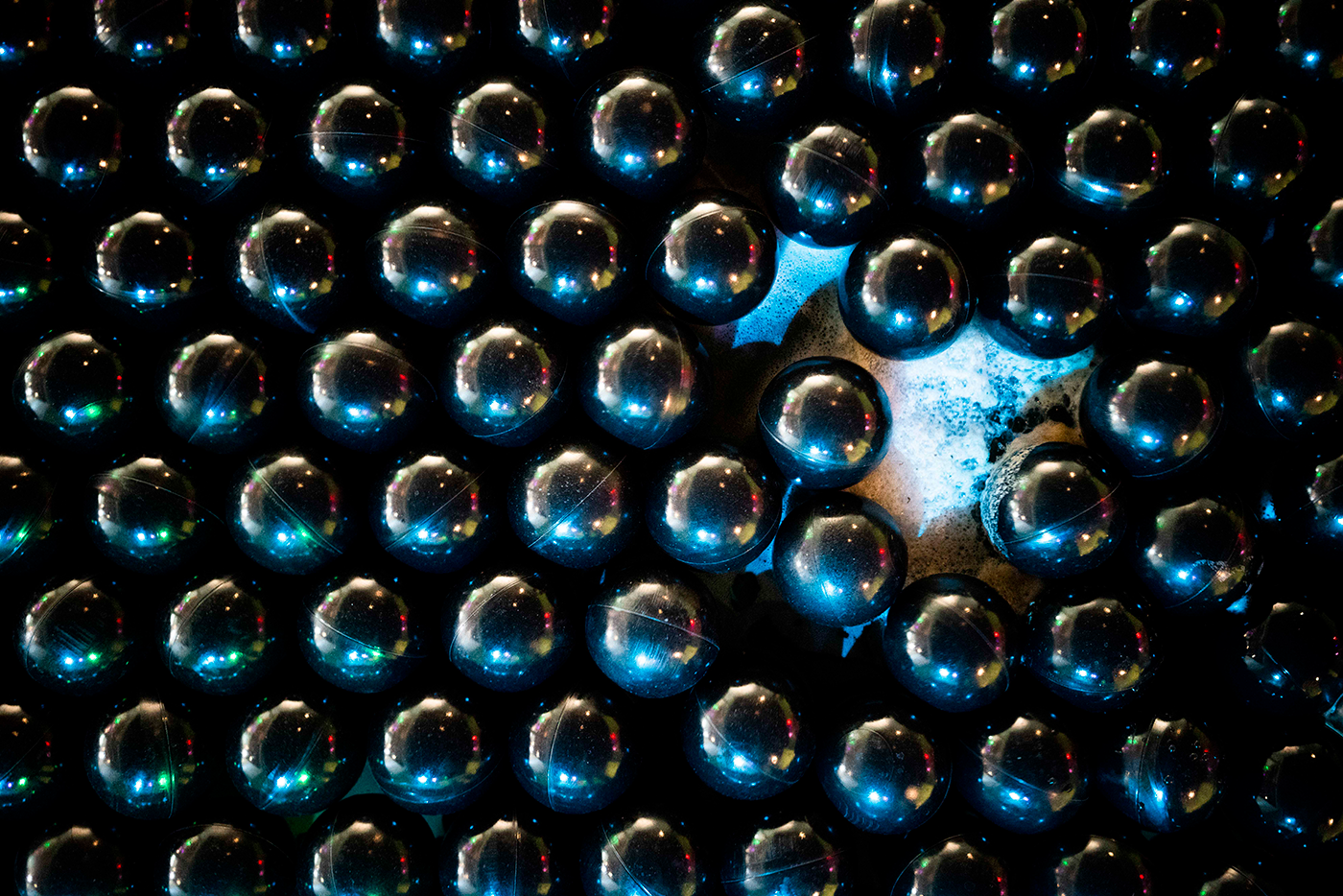
Exhibition view. ‘Tega Brain - Deep Swamp, Shanghai 2018.’ Machines Are Not Alone, Device Art Triennial
Chronus Art Center, Shanghai. Photo: Tega Brain.
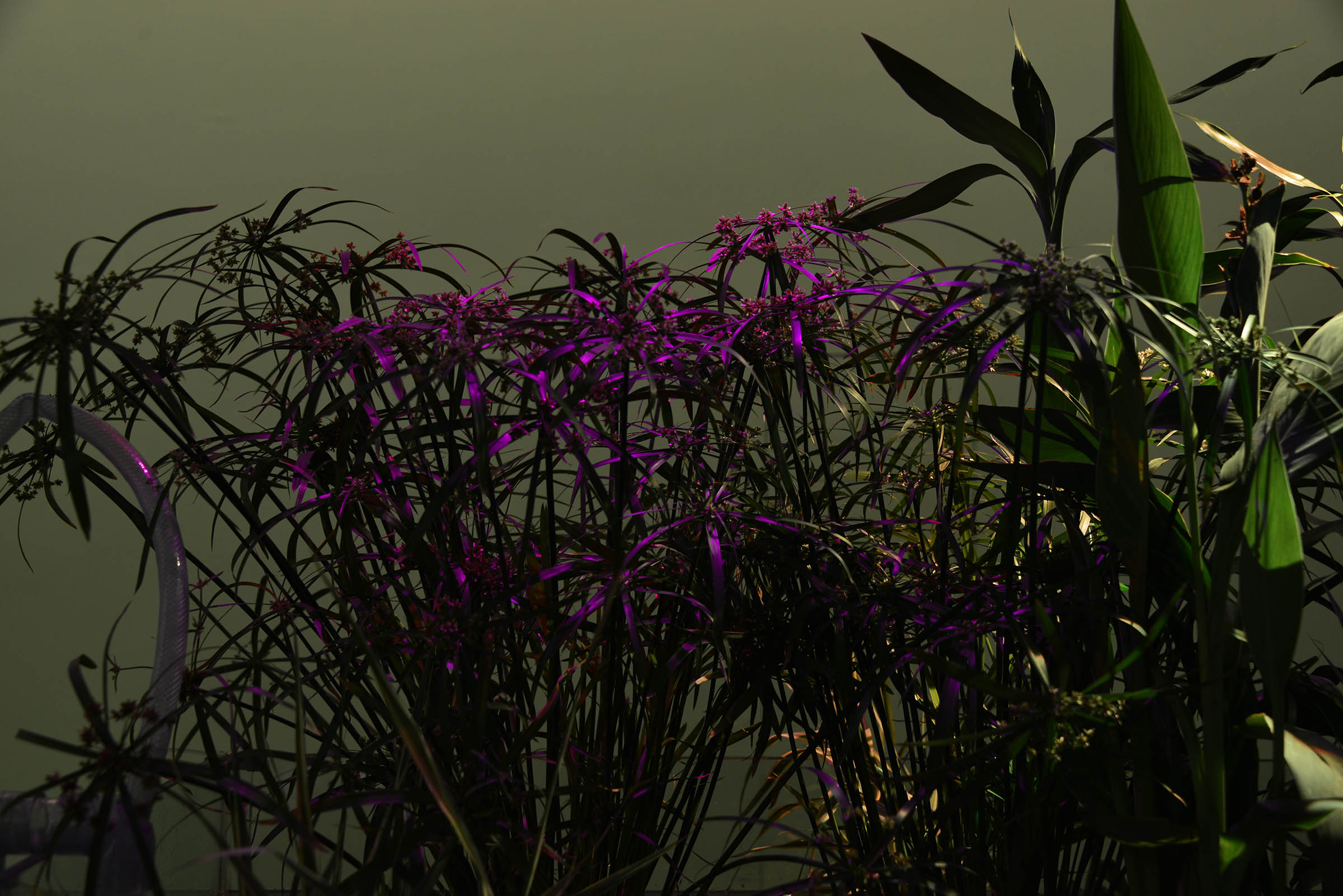
Exhibition view. ‘Tega Brain - Deep Swamp, Guangzhou 2019.’ The 6th Guangzhou Triennial, Guangdong Museum of Art. Photo: Tega Brain.
RELATED
Brain, T. (2018). The Environment is Not a System published in APRJA.
CREDITS
Made with the support of Australia Council for the Arts and the Australian National University. With thanks to Data & Society and Chronus Art Center.Networking by Andy Cavatorta.
Software development by Sam Lavigne.
EXHIBITIONS
Earthbound – In Dialogue with Nature
HeK, Basel
October 25 - November 13, 2022
Earthbound – In Dialogue with Nature
Esch2022—European Capital of Culture, Luxembourg
June 04 – August 14, 2022
Ti Zero Exhibition
Palazzo delle Esposizioni, Rome
October 12, 2021 - February 27, 2022
The Question of Intelligence
Anna-Maria and Stephen Kellen Gallery | Parsons School of Design
February 07 - April 08, 2020
As We May Think- Feedforward
The 6th Guangzhou Triennial
Guangdong Museum of Art
December 21 - March 10, 2019
Machines Are Not Alone, Device Art Triennial
Chronus Art Center, Shanghai
July 21 - October 21, 2018